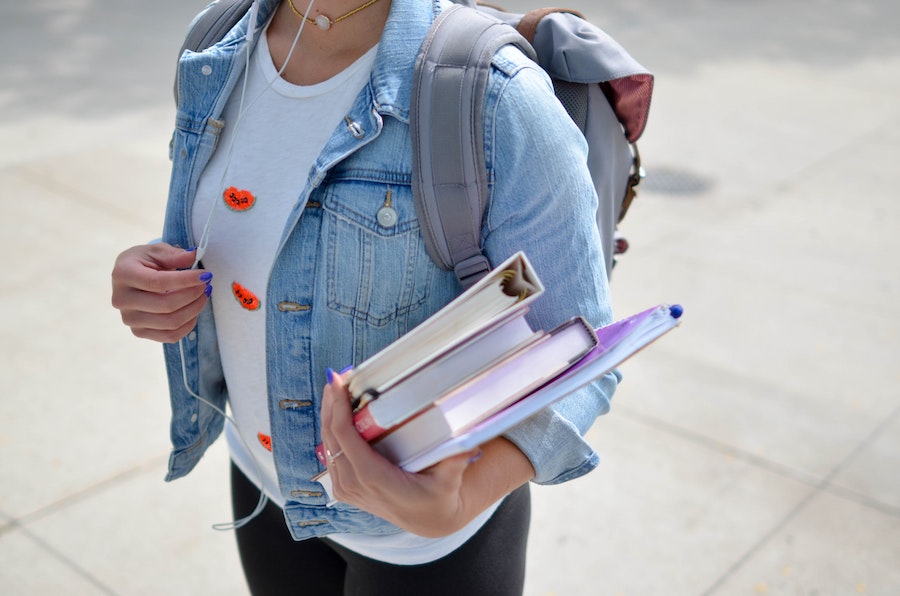France says that university students will not need a health pass to attend lectures this September, but they will be needed to access cultural, leisure or sports events. Meanwhile, primary and secondary pupils will not need a health pass for face-to-face learning, but several rules for safety will apply.
French Minister for Higher Education Frédérique Vidal and Minister of Education Jean-Michel Blanquer are singing from the same song sheet regarding the safe return to school in September.
On Sunday 22nd August, Blanquer unveiled the protocol for primary and secondary schools, saying he intends to make it “as normal as possible”. He announced that no health pass would be required, but that those who are not vaccinated potentially face distance learning in the event of an outbreak of Covid at schools.
Mask wearing is compulsory for all students from primary school up, but mixing will be allowed. Sports can carry on both indoors and out, with the exception of indoor contact sports.
Classes will be closed and distance learning imposed in elementary school classes with one positive case, but middle and high school classes will continue to operate. Only the infected students and unvaccinated students who have been in contact with the infected student must home school, and then only for seven days. For double-jabbed students, even if they had contact with infected pupils, they may continue with face-to-face lessons.
As for universities, Minister Vidal mimicked her colleagues words, telling Le Parisian on Tuesday that she expects as “normal as possible” return to school.
“There will be no gauge in the lecture halls, in order to exploit the maximum capacity of the rooms and allow 100% face-to-face,” she said, adding, “this means that there will be no physical distancing. But we maintain compliance with barrier gestures, such as wearing a mask or the ventilation and cleaning instructions for premises.”
The health pass won’t be required to go to lectures, but will be necessary to attend other events where members of the general public are also allowed, be it sport, leisure or cultural. This will also include any seminars or conferences that have 50 or more people where the public is invited.
Two and a half million self-tests have already been delivered to universities and will be offered free to students, with additional tests covered by the government.
University students, like their younger counterparts, must wear masks in class to try and prevent the spread of the virus. But if cases do crop up, the minister warns that universities may have to set up systematic screening methods.
If three positive cases arise from a single teaching group over a one-week period, the school must contact health authorities and start tracing. Anyone who tests positive and any unvaccinated contact cases will have to self-isolate for seven days. Any contact case who has been fully vaccinated will not have to isolate.
To encourage students to get their jabs, vaccination centres will be set up on campuses.
Back-to-school “as normal as possible” in France
